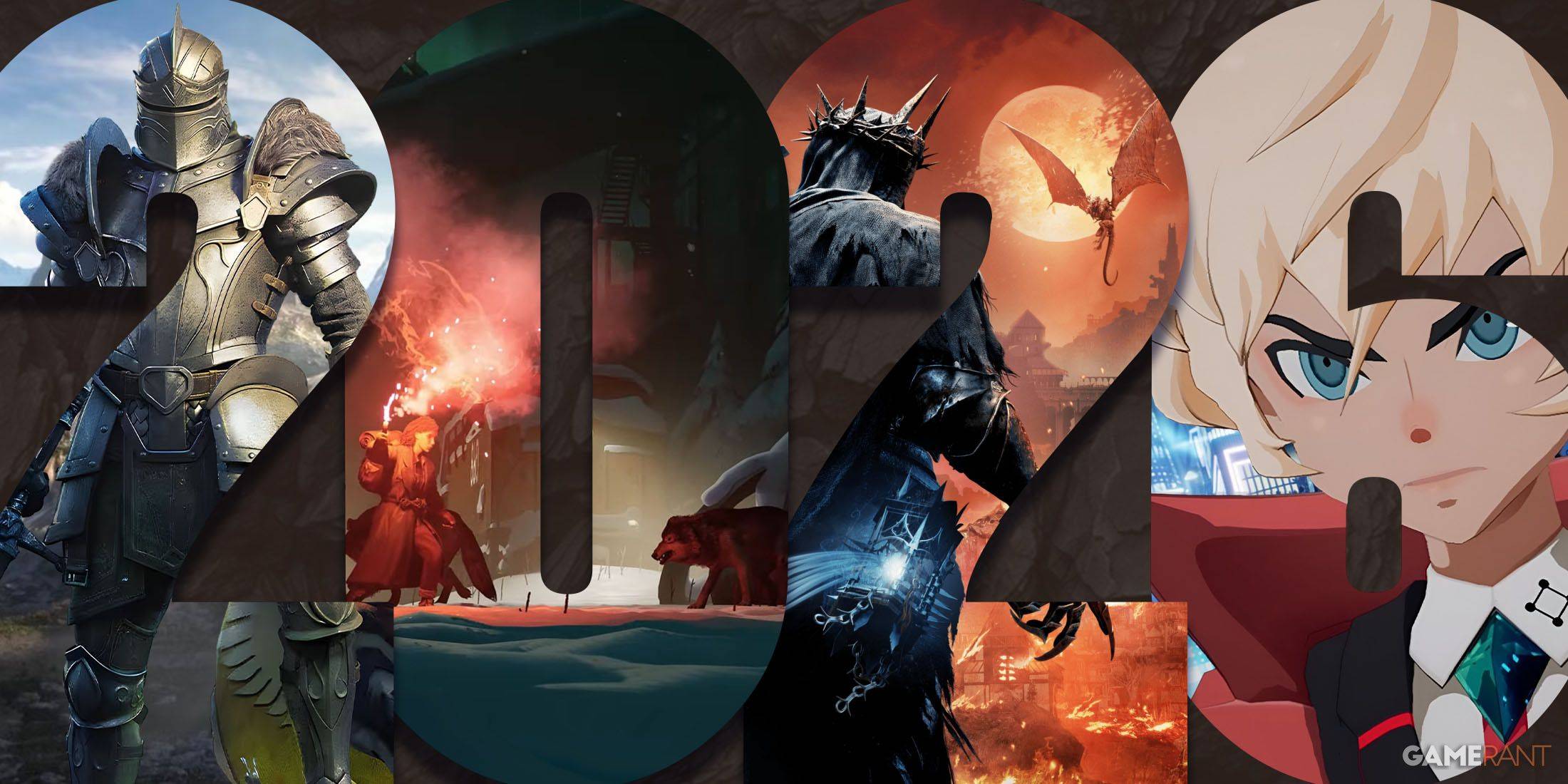Google Targets Low Quality Games
The PlayStation Store and Nintendo eShop are experiencing an influx of low-quality games, often described as "slop," raising concerns among users. These games, frequently simulation titles, utilize generative AI for misleading marketing materials and often bear striking resemblance to popular titles, sometimes even directly copying names and themes. This issue, initially more prevalent on the eShop, has recently spread to the PlayStation Store, notably impacting the "Games to Wishlist" section.
The problem extends beyond simply "bad" games; it's the sheer volume of nearly identical, low-effort titles overwhelming legitimate releases. These games often feature poor controls, technical issues, and limited gameplay, despite alluring store page visuals generated by AI. A small number of companies appear responsible for this surge, making them difficult to identify and hold accountable due to limited online presence and frequent name changes.
User complaints have prompted calls for stricter storefront regulation, particularly given performance issues on the Nintendo eShop, seemingly exacerbated by the sheer number of games. To understand the situation, this investigation explores the game release processes across major platforms (Steam, Xbox, PlayStation, and Nintendo Switch), interviewing eight game developers and publishers (all requesting anonymity).
The Certification Process
The game release process generally involves pitching to platform holders (Valve, Microsoft, Sony, or Nintendo), completing application forms detailing game specifications, and undergoing certification ("cert"). Cert verifies technical compliance with platform requirements, legal adherence, and ESRB rating accuracy. While platform holders emphasize age rating accuracy, cert is not a quality assurance (QA) check; that remains the developer's responsibility. Feedback on cert failures is often limited, particularly from Nintendo.
Store Page Approval
Platform holders require accurate game representation in store page screenshots, though enforcement varies. While Nintendo and Xbox review page changes before launch, PlayStation performs a single check near launch, and Valve only reviews the initial submission. While some diligence exists to ensure accuracy, standards are loosely defined, allowing misleading content to slip through. Consequences for inaccuracies typically involve removal of the offending content, rather than harsher penalties. Importantly, none of the console storefronts have specific rules regarding generative AI use in game assets or marketing materials, although Steam requests disclosure.
Why the Discrepancy?
The disparity in "slop" across platforms stems from differing approval processes. Microsoft vets games individually, while Nintendo, Sony, and Valve vet developers. This allows approved developers to easily publish multiple games on Nintendo and PlayStation, leading to the current issue. Xbox's game-by-game vetting makes it less susceptible. One developer described Nintendo as "probably the easiest to scam." Additionally, some developers exploit loopholes to maintain high visibility on the Nintendo eShop by repeatedly releasing similar bundles with extended sales periods. PlayStation's "Games to Wishlist" section, sorted by release date, exacerbates the problem by surfacing upcoming games with vague release windows.
Steam, despite its own discoverability issues, avoids the same level of user frustration due to its vast library and constant updates to its new releases section. Nintendo's approach of presenting all new releases in an unsorted manner contributes to the problem.
The Path Forward
Users have urged Nintendo and Sony to address the issue, but neither company responded to requests for comment. Developers express pessimism regarding immediate solutions, though some point to past actions by Sony addressing similar issues. However, overly aggressive filtering, as demonstrated by a "Better eShop" project, risks unfairly targeting legitimate games. Concerns exist that stricter regulation could inadvertently harm quality software. Ultimately, the challenge lies in differentiating between genuinely bad games, asset flips, and AI-generated content, a task complicated by the sheer volume of submissions and the human element involved in the review process.
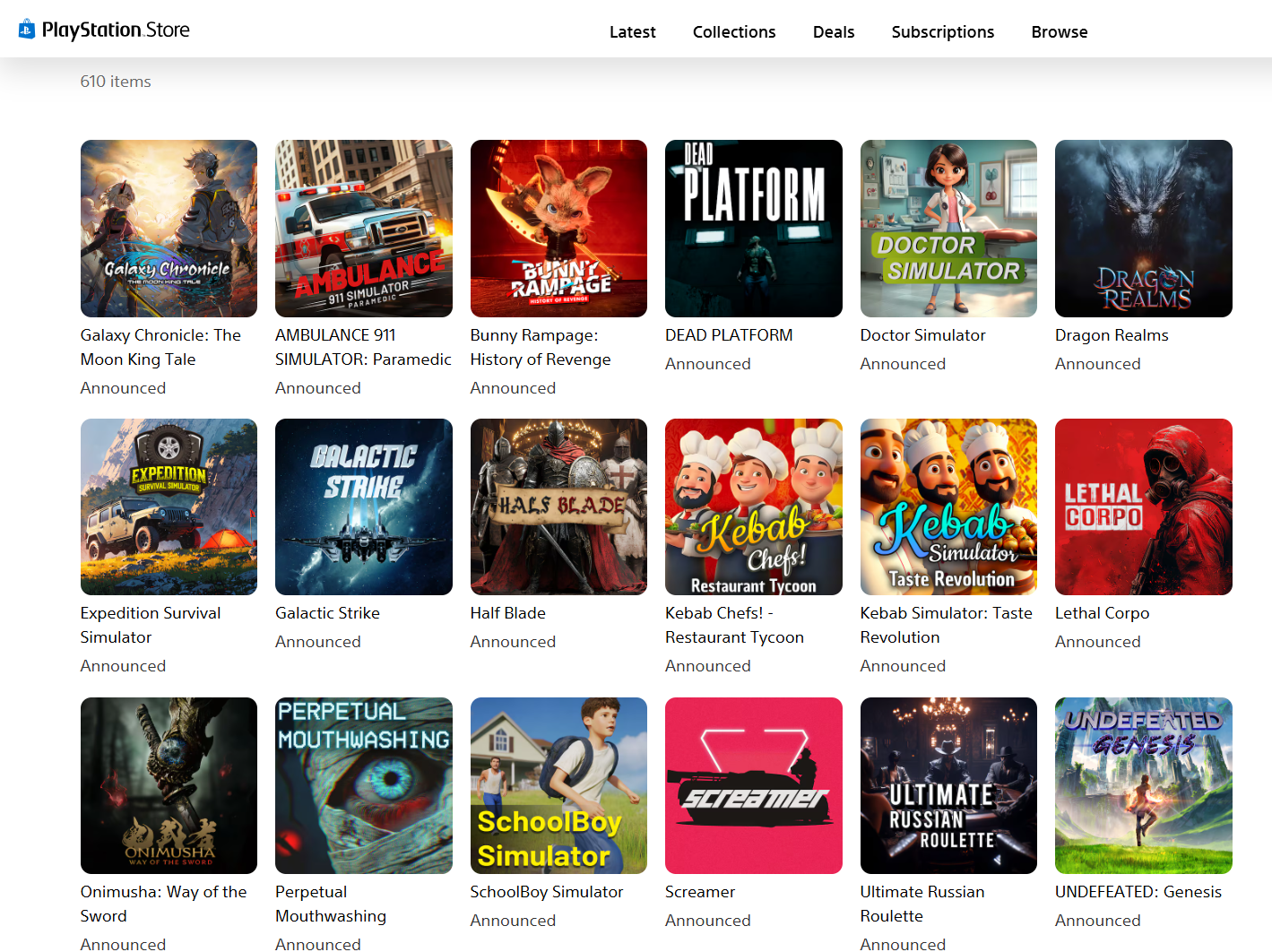
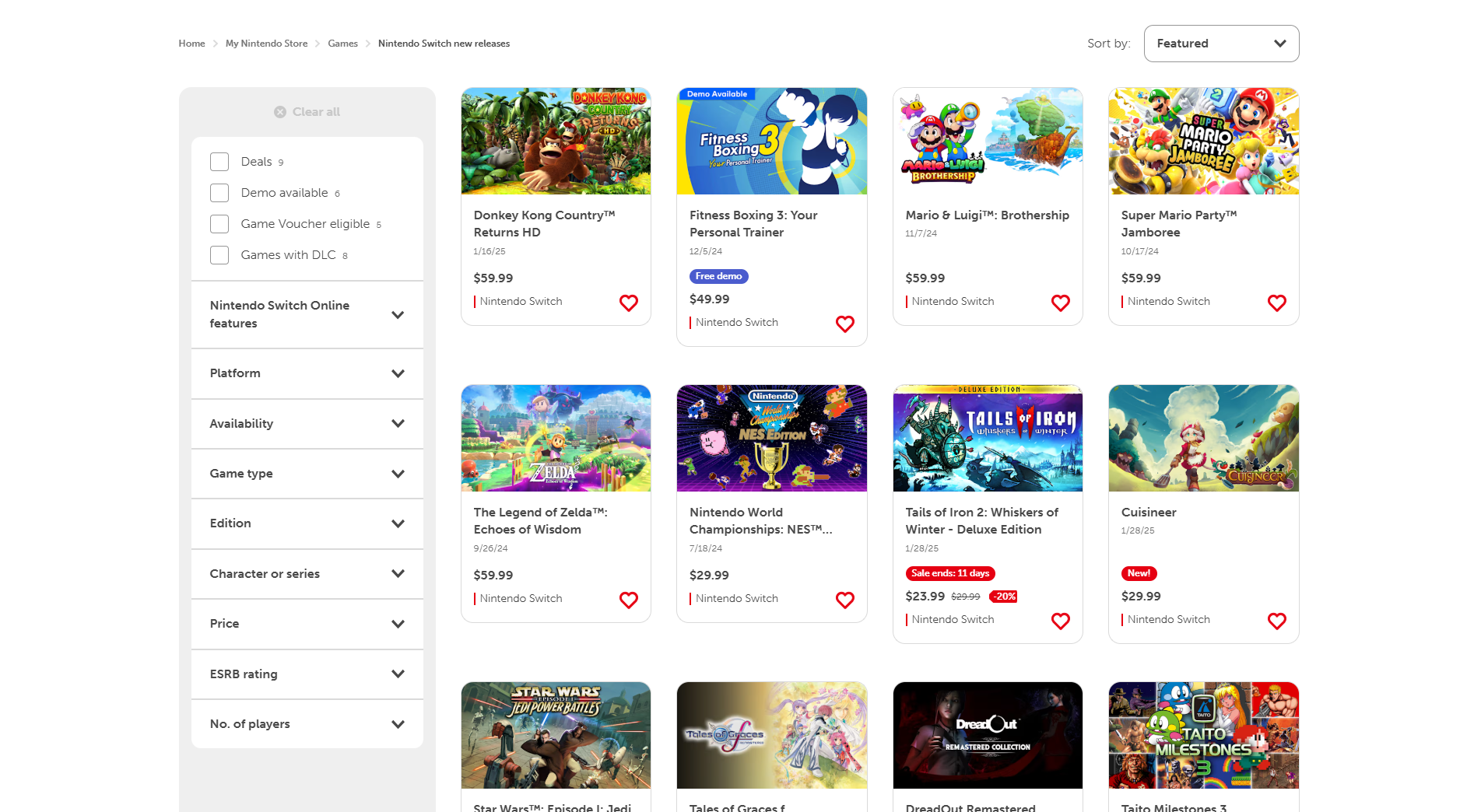










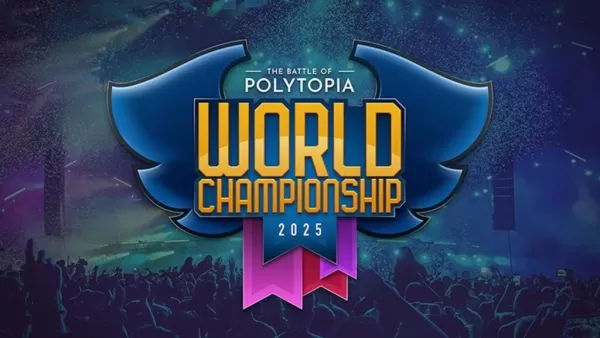
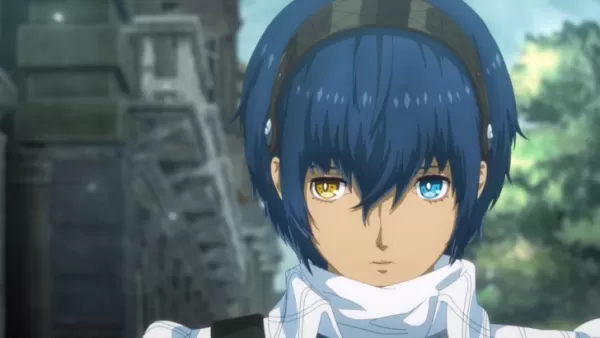
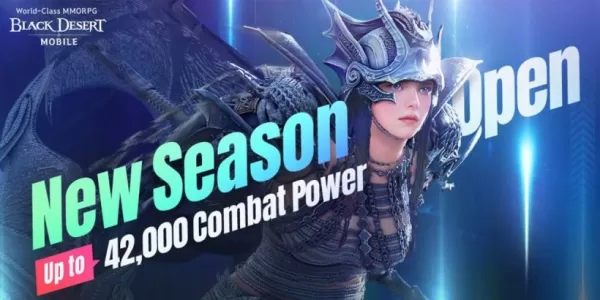

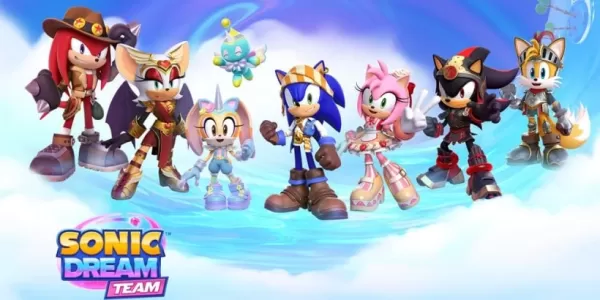
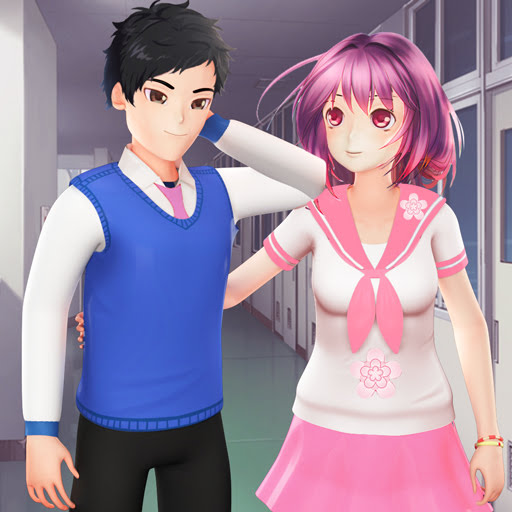







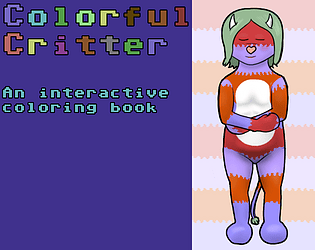
![Salvation in Nightmare [v0.4.4]](https://imgs.21qcq.com/uploads/36/1719555347667e551321c26.jpg)
